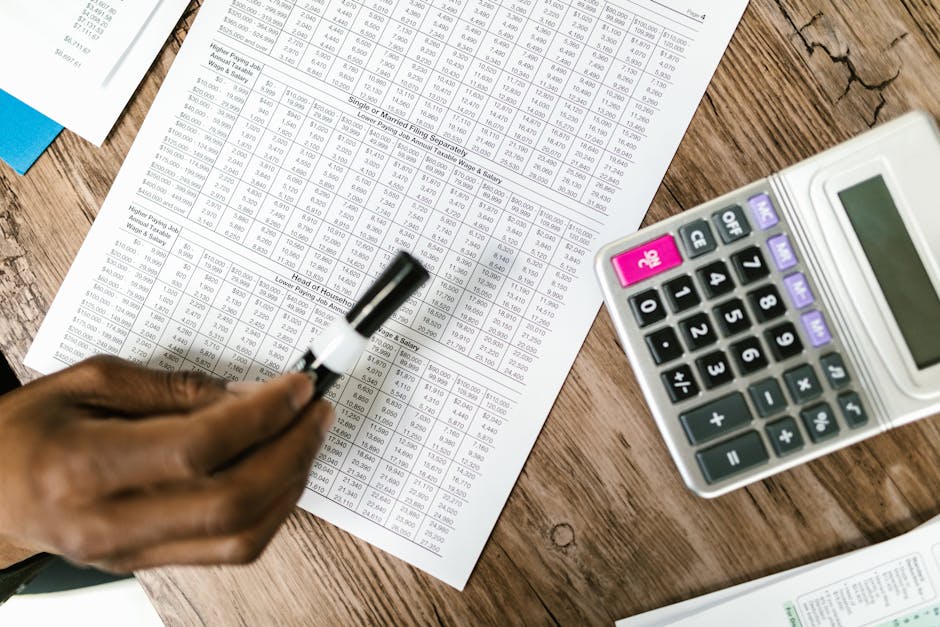The casino industry finds itself at a crossroads, grappling with the implications of the “One Big Beautiful Bill Act” (OBBBA) and its murky stance on slot tax reporting thresholds. The American Gaming Association (AGA) sees the OBBBA as a beacon of hope, suggesting an increase in the threshold from $1,200 to $2,000. However, this interpretation is not universally accepted, sparking a debate that hinges on the intricacies of tax law and the future of casino operations.
The Heart of the Debate: Thresholds in Question
The crux of the controversy lies in the interpretation of Section 70433 of the Act, which the AGA believes signals a shift in the IRS tax code for certain gambling winnings. Yet, tax authority Russ Fox argues this change might only pertain to 1099-MISC filers, potentially leaving slot winnings untouched at the $1,200 mark. This discrepancy points to a need for clearer guidance from legislative bodies or the IRS itself.
Key Points at a Glance:
- Disputed Impact: The OBBBA’s effect on slot tax reporting thresholds remains contested.
- Divergent Interpretations: AGA sees an increase; experts like Russ Fox offer a counterpoint.
- Future Clarifications: A resolution might hinge on further clarification from Congress or the IRS.
Why It Matters: Implications and Historical Context
An elevated slot jackpot reporting threshold could herald significant changes for both casino operators and patrons. Operators could enjoy reduced administrative burdens and fewer game interruptions, while players might keep more of their winnings before hitting tax-reporting triggers. Given that the current threshold has been static since 1977, an adjustment is not just overdue but necessary to align with today’s economic realities.
“In an era where the value of a dollar is ever-changing, adjusting the slot tax reporting threshold is not merely a regulatory update—it’s a stride towards economic fairness and operational efficiency in the gaming industry.” – Casino Industry Analyst
Frequently Asked Questions: Unpacking the Threshold Change
- What does a change in the slot tax reporting threshold mean?
It signifies that players could enjoy larger winnings without immediate tax reporting, potentially easing their tax burdens. - Has the threshold been adjusted in the past?
No, the threshold has remained at $1,200 since its establishment in 1977, without adjustments for inflation or other factors. - What can be expected regarding future changes?
Stakeholders are hopeful for adjustments or clarifications that reflect modern economic conditions, though political challenges may slow progress.
Conclusion: A Call for Modernized Gaming Regulations
The ongoing debate surrounding the OBBBA and slot tax reporting thresholds underscores a broader issue: the need for gaming regulations that keep pace with economic and societal shifts. As the industry navigates these uncertain waters, the push for policies that balance fairness with economic viability has never been more critical. This scenario not only highlights the challenges of gaming regulation but also the opportunities for reform that can support the industry’s growth and the enjoyment of its patrons.
“Modernizing financial thresholds within gaming laws is a critical step toward ensuring the industry’s sustainability and fairness in an evolving economic landscape.” – Regulatory Expert










Leave a Reply